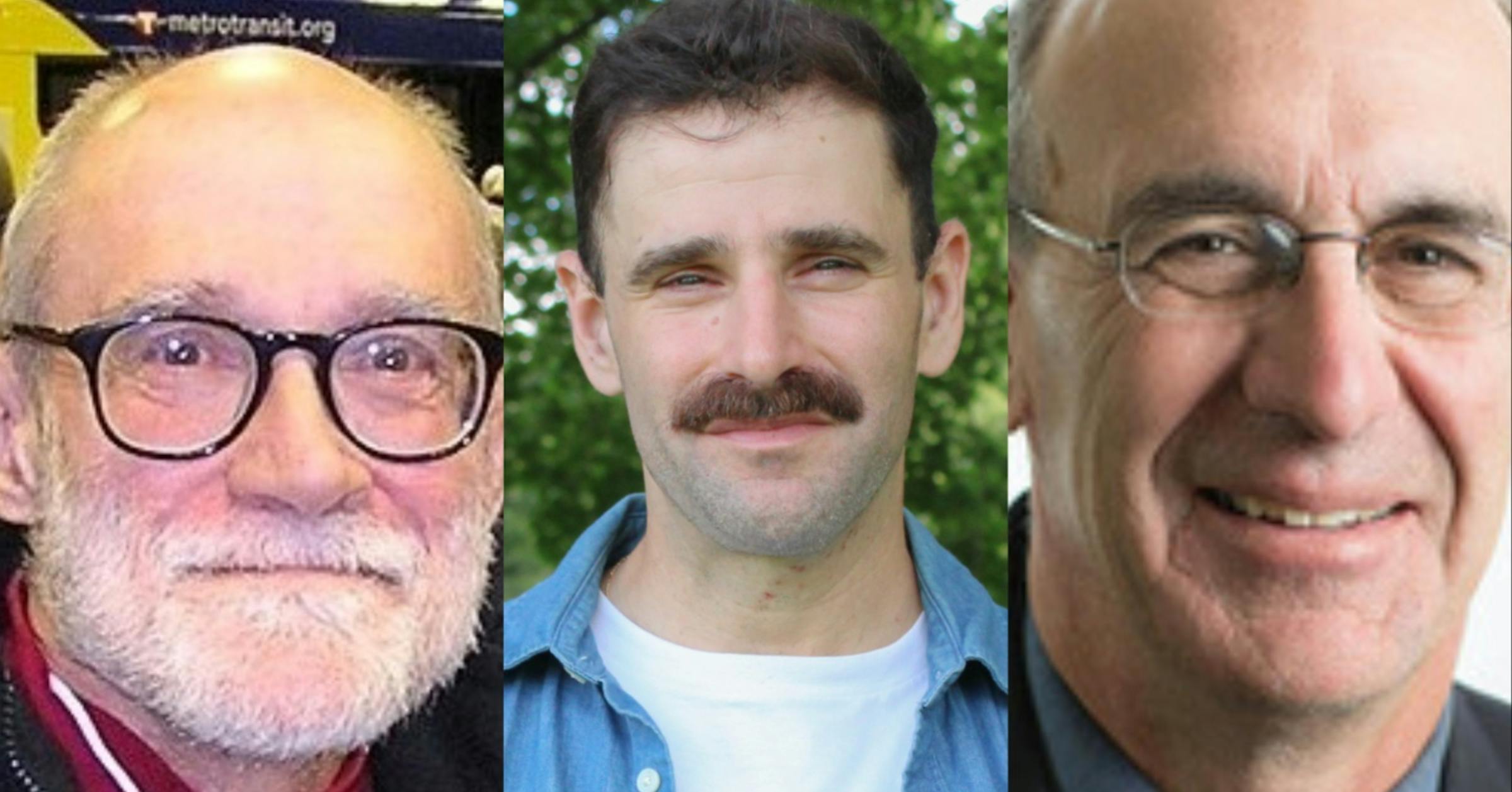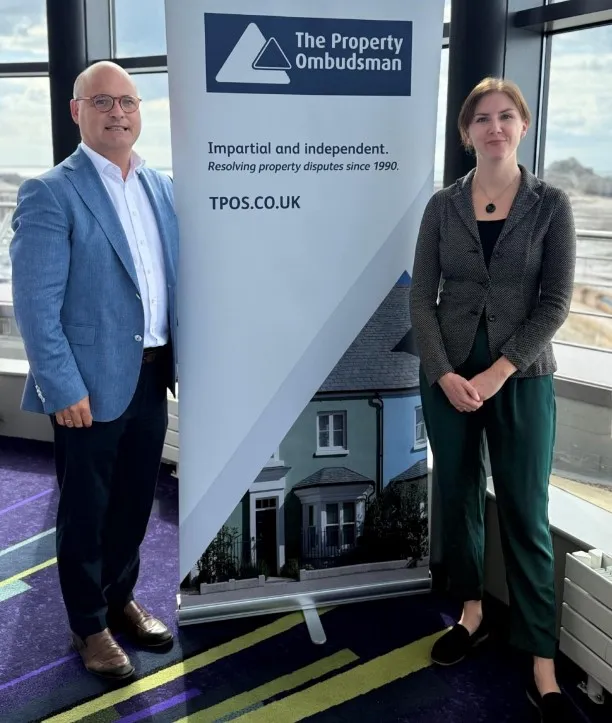Copyright Star Tribune

Tucked beneath the headline-leading races for mayor and City Council, Minneapolis ballots will list the names of three men vying for two seats on the Board of Estimate and Taxation, the city’s most esoteric branch of government. The BET, not to be confused with the popular cable network, is in charge of setting the limit on property taxes and has a role in the debt management policy of the city. Its six-member body consists mainly of people elected to other offices who are then appointed to sit on the BET, as well as two members the public can vote in directly. Over the years, these two elected positions have been interpreted as the voice of the taxpayer, the mediators between competing government interests jockeying for the same pool of money, and a bully pulpit for new perspectives on tax policy. Outside of the city budget season, which heats up with the mayor’s budget address in August and concludes with the City Council’s year-end approval, few people tune in to what the BET is up to. But in an era of constricting downtown property values and the rising costs of labor, the need to find new city revenues and make smart cuts has brought fresh relevancy to the officials most concerned with residents’ tax bills. This year, the choices are incumbent Steve Brandt, a retired Star Tribune reporter; Bob Fine, a real estate lawyer who served 16 years on the Park and Recreation Board; and Eric Harris Bernstein, policy director of We Make Minnesota, a labor coalition that advocates for more state spending on health care and education while reducing government subsidies for corporations. Brandt was first elected to the BET in 2021, bringing his reporter’s experience with navigating city budgets. The BET doesn’t actually have a role in shaping the budget, but its members review the city’s quarterly financial reports to check the pulse of Minneapolis’ fiscal health and debt management practices. He spent his first term learning about the job and its charter-imposed limitations, Brandt said, before pushing to make it a more “muscular, activist” BET with its own institutional memory and research capacity. The board had lost its only staffer in 2019, and he worked to restore a full-time position. Brandt wants to work on diversifying city revenues if he’s re-elected. He advocates expanding the downtown taxing district for liquor and restaurants to include the North Loop, where commercial strength has shifted in the decades since the boundaries were last drawn. And in a recent commentary published in the Minnesota Star Tribune, he argued for seriously studying the feasibility of changing state law to implement a progressive income tax — in order words, taxing the rich. “There’s an old principle, and you can find it throughout the Judeo Christian ethic, which is to those to whom much is given, much is expected,” Brandt said. “The evidence would show that generally, the lower you are on the income scale, the more regressive the property tax system uses a percentage of your household income, and so those are the people I’m trying to give relief to.” Fine was the Park Board’s appointment to the BET throughout his time as a park commissioner about 20 years ago, and he has concerns about the idea of a city income tax. He doesn’t think the state would authorize it, and fears it would discourage wealthy people from moving to the city. “If the demand isn’t up there for buying expensive homes and expensive property, and doing business in the city, the city will ultimately lose some of that revenue,” Fine said. He says there are better ways to find more money. Asking the Legislature to increase Minneapolis’ share of local government aid, for one. And exploring having Hennepin County take over the work that the city currently does to value properties, which Ramsey County does for St. Paul. Fine is running to reinforce what he views as the BET’s auditor role of taking a magnifying class to each city department, looking for cuts and challenging the city to justify the tax levy that residents are asked to muster. The city and Park Board tightened their belts during the Great Recession, and he wants them to do it again to pay for the rising cost of union labor. “What should be happening is the Board of Estimates should be getting back to the city and saying: We think you need to look at this, this, this, and this, and maybe you can make changes in what you’re doing to have less demand on your tax revenue, and then you can make up for your losses because of downtown,” Fine said. He says it’s a reasonable thing to explore because unlike rising property taxes, increasing income taxes corresponds to people’s ability to pay. At the same time, he’s worried about what it would do to Minneapolis’ attractiveness to residents and businesses as an “island” of higher taxes within a metro region that already experiences higher taxes and strong suburban growth. It would make more sense levying a countywide income tax, he said. Harris Bernstein has a background in progressive economics, having worked at the Roosevelt Institute researching antitrust policy and financial sector regulations. He believes the city should rethink how it subsidizes businesses — for example, keeping a stake in the housing that private developers build with taxpayer dollars. “I’m not necessarily positioned as the most progressive or spendthrift candidate,” Harris Bernstein said. “A core problem that we are suffering from in Minneapolis and in the country is that we treat taxes as a third rail. And whenever you treat something as a third rail in that way, where it’s something that we want to acknowledge as little as possible, and that we’re very uncomfortable speaking about, that doesn’t create the conditions for a productive conversation.”



